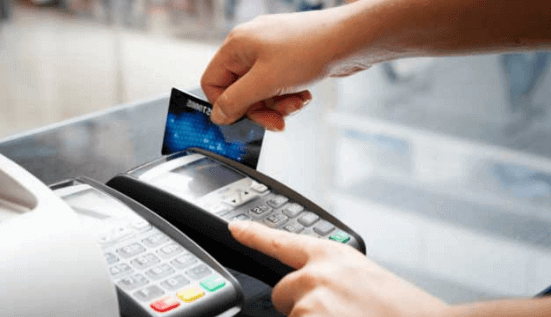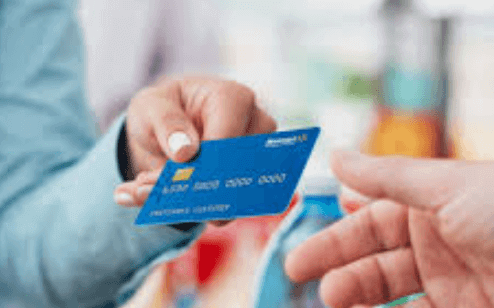How credit card payments work

A credit card allows you to spend up to a pre-set credit limit which is determined by the lender, this could be as little as a few hundred pounds, or up to several thousand and you are then required to make repayments. Here at Guarantor Loan Comparison, we take a look at how exactly credit card payments work.
Paying off in full
There are a number of benefits to paying off the credit card balance in full each month. If you are looking to improve your credit score or maintain a strong payment history, using the credit card to make small, regular purchases each month and then paying it off in full is the best possible thing you can do. This is because leaving a balance on your card will not help your credit score but in fact, cost you more money than you have actually spent, as you will end up paying interest on the credit card.
Furthermore, making sure that you regularly use the credit card and paying off the balance soon after also helps to keep the card active, as well as making sure that your balance is below the credit limit. This can help to maintain or improve a good credit score as it shows your ability to effectively and consistently manage debt that you have.
Minimum payments
Generally speaking, if it is possible, you shouldn’t stick to minimum payments when it comes to credit cards. In the UK, credit cards tend to have extremely low minimum monthly repayments, with some being set as little as 2%. The reason why you should avoid making minimum repayments is that it could take far longer for you to pay off the debt you have, and as previously mentioned, you will end up paying a considerable amount of interest in the process. (Source: MBNA)
If you have a standard credit card you can enjoy up to 59 days of interest-free credit if you make your payments in full. However, if this is not possible, you should try to pay off as much as is feasible without causing further financial problems, and you should also try to work out a repayment plan to help you pay back the credit card bill as soon as possible.
How to manage your credit card payments

If you are struggling with credit card debt, here is what you can do:
- Setting a budget should be your number one priority when it comes to managing your credit card payments, as it means that you can take control of your finances. Record all the money you have coming in each month and then what you have left over. After doing this, you can see if there are areas in which you can reduce your spending (such as on luxuries) and then use this additional money to put towards repaying off your credit card debt
- If you are in a situation where you have debt on more than one credit card, you should prioritise one of them. It is recommended that you focus first of all on the card with most expensive debt. You should then do everything you can to make repayments in full or more than the minimum. Be sure to not miss payments as this can impact on your credit rating (making it harder to gain access to credit in the future) and you could also be charged extra fees
- If the debt that you have is secured against things such as your property, rent, or on utility bills, you should make sure that these are all paid off first. This is because the consequences of not doing so could make your situation far worse.



